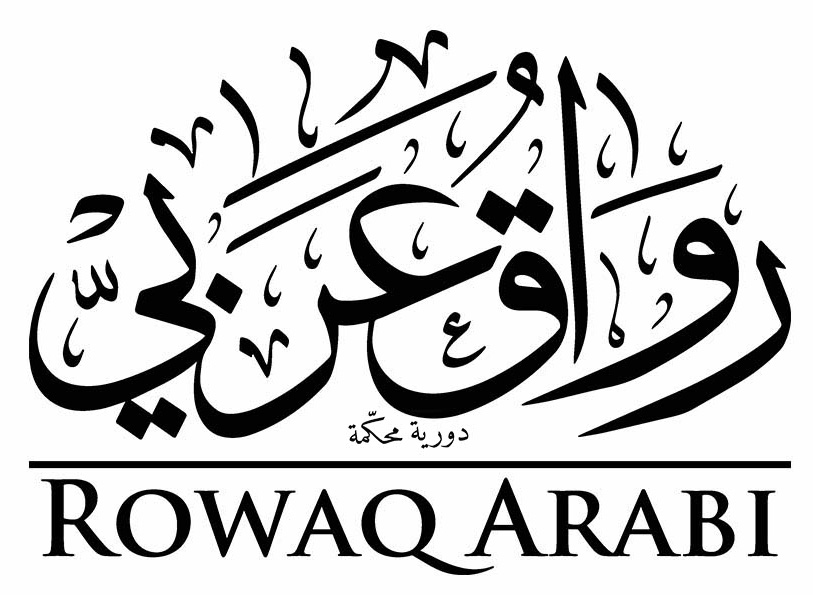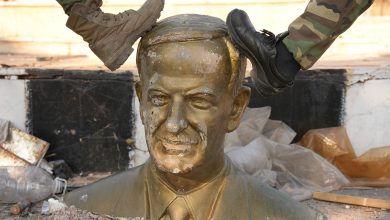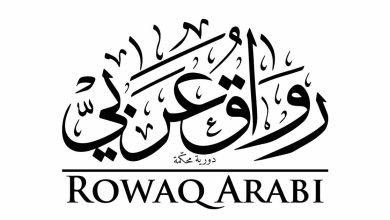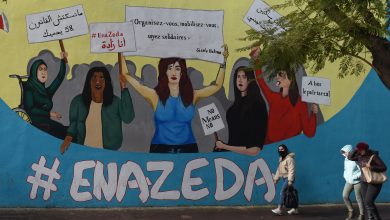Call for Papers: What has Changed in the Decade since the Outbreak of the Arab Uprisings?
A decade has passed since the outbreak of the Arab uprisings, first in Tunisia then erupting across the region in tumultuous trajectories. Within the context of these uprisings, and the interplay of revolution and counterrevolution, one can view struggles centred on politics, economics, and human rights. On the one side, revolutionary forces or political movements focused on the demands of the uprisings have persisted, especially among youth and marginalised communities, as the root causes of popular rage ten years ago have yet to be adequately addressed in many countries across the region. In some cases, such as Syria, Libya, and Yemen, the excessive use of force by domestic actors and their foreign supporters did not entirely stifle the desire of peoples throughout the region to revolt. On the other side, counterrevolutionary forces have instrumentalised ‘stability’ especially in regards to the economy or national security; claiming that authoritarian or coercive power is a necessary bulwark against turmoil resulting in economic deterioration or terrorism; this use of force by counterrevolutionary actors has extended to the level of crimes against humanity or war crimes. Even in countries where relative democratic progress has been made, such as Tunisia, intractable social and economic challenges and ongoing political polarisation threaten to undermine this progress.
Two years ago, a new wave of revolts began in Algeria and Sudan while massive protests erupted in Lebanon and Iraq. It is evident that protesters in these countries, and across the region, have politically evolved and learnt lessons from failures of the past decade. The existing authoritarian ruling elites have learnt their own lessons as well in repressing and circumventing any potential political mobilisation in their societies. Disregarding the narrow dichotomy of the ‘success’ and ‘failure’ of the region’s revolutions, Rowaq Arabi, a double-blind peer-reviewed journal specialised in human rights studies in the Middle East and North Africa, is calling for papers addressing the question: What has Changed in the Decade since the Outbreak of the Arab Uprisings?
Papers of 5000-7000 words of original research should be submitted by email to [email protected] no later than the midnight of 15 March 2021. Submissions should consist of two separate files: an anonymised complete manuscript, and a cover page that has the manuscript’s title, author’s name and details, and a 150-word abstract. The best and most relevant submitted articles will be selected and sent for peer-reviewing. Once published, authors will be financially compensated for their contributions.
Rowaq Arabi suggests the following sub-topics for research, while welcoming other suggestions relevant to the main theme of this call:
- Assessing the legacy of the uprisings in the Arab region and their impact on the ongoing struggle for human rights and good governance
- Understanding the dynamics of political transitions in the Arab region over the past ten years
- Evaluating the successes and failures of political transitions in the region
- Assessing the interactions of relevant domestic actors in the transitional processes including but not limited to armies, Islamists, secularists, civil society institutions, and human rights defenders
- Understanding transformations and shifts in human rights discourses, human rights movements and civil society
- Understanding geopolitical changes in the region’s internal and external relations and how these changes impacted the struggle for human rights
- Exploring how human rights issues have been negotiated and defined in times of political transition
- Analysing major constitutional and legal transformations in Arab states since 2011.
To read more about Rowaq Arabi, its history in print since 1996 and its ongoing online transition, in addition to our publication guidelines, please refer to this link.
Read this post in: العربية





